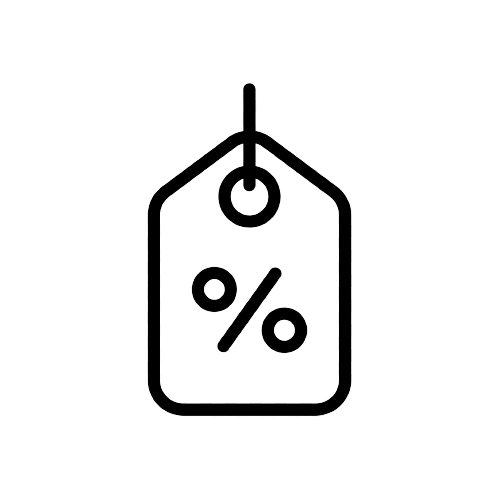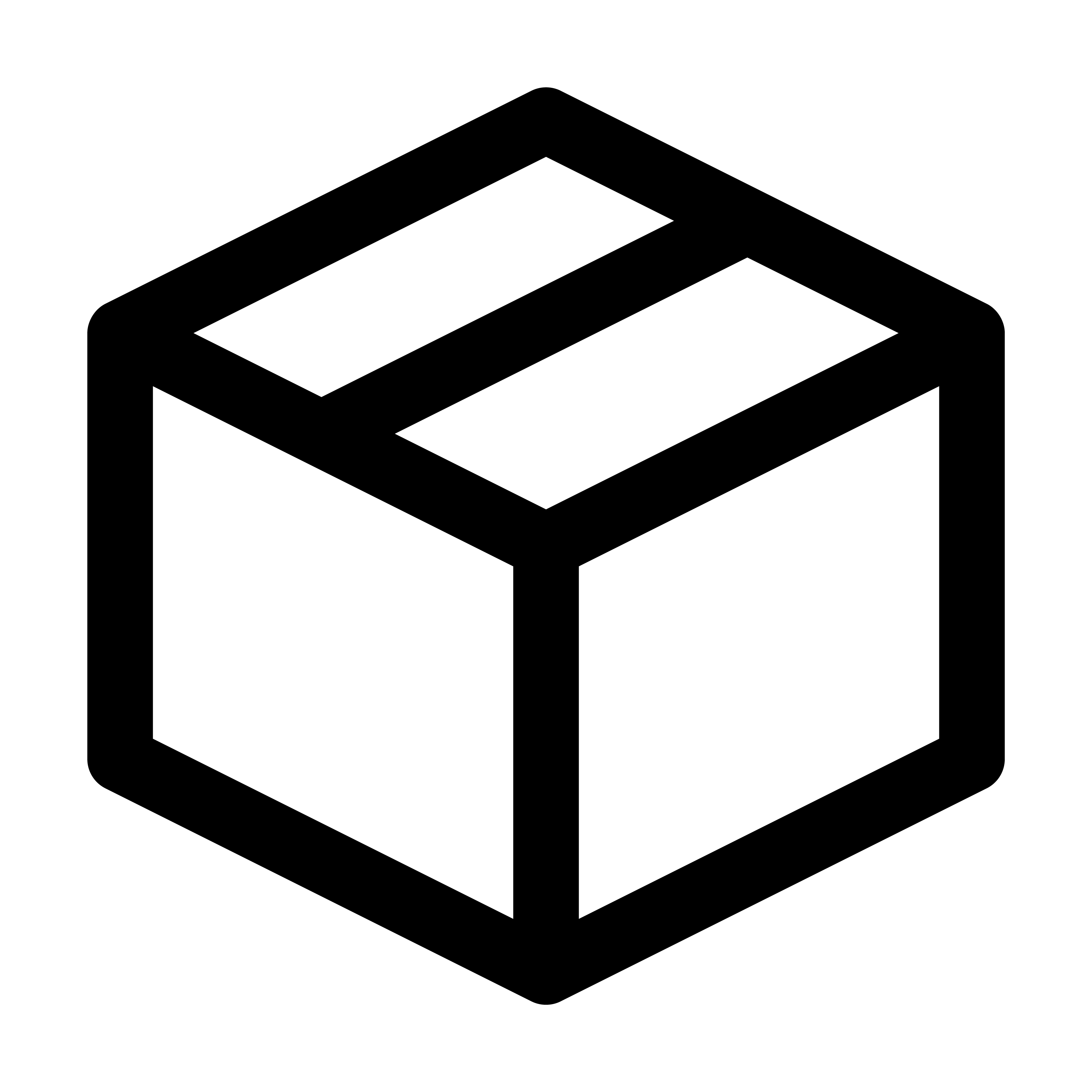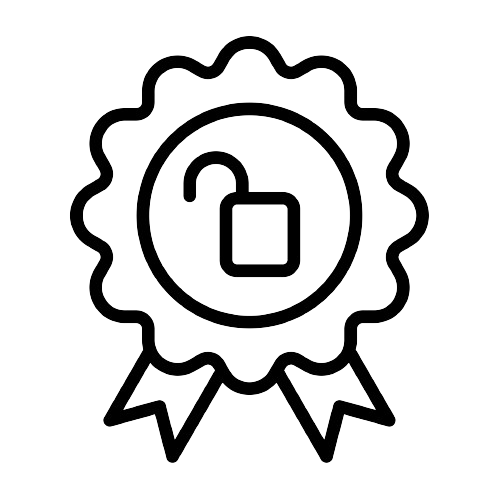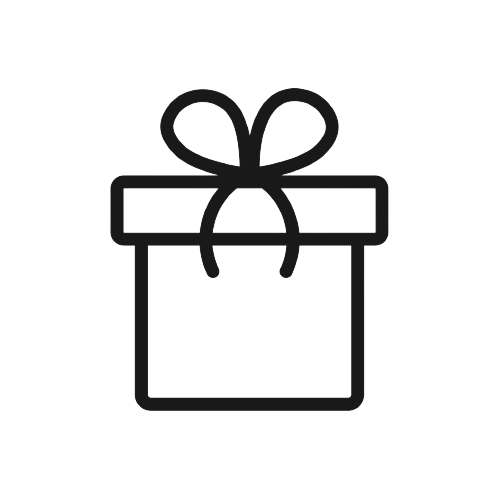By: Michele Koury, Ed.M, MA, MFA
Thanks to her already-legendary decision to prioritize self-care over the French Open press conferences, the cultural discourse Naomi Osaka has initiated might have a lasting effect on the way we talk about mental health and work. Osaka, who experiences anxiety and depression, declined to engage in contracted publicity rounds at a time when many Americans - and beyond- are reevaluating their own work-life balances.
As a psychotherapist, I observed a mindset shift around work in almost all of my own patients: essential workers and workers whose offices had gone virtual alike.
Upon the pandemic's rise, essential workers were more overworked and underpaid (especially proportionate to risk) than ever before.For those whose offices had gone virtual, working from home, in some ways, proved empowering. People could do yoga in the morning during their previous commute times; more elaborate recipes could be experimented with for lunch; the flexibility was overall useful and sometimes even revelatory.
Yet at the same time, work was now in peoples' very living rooms. The sounds of Slack seemed to ring out ceaselessly. Work to-dos felt inescapable, even after work-hours, because there was no spatial separateness. "Work" and "life" had fully collapsed into one another.
For many, this lack of boundary ended up perpetuating burnout to unforeseen extremes. Working from home - and its consequential "flooding" of stress- highlighted just how un-entitled to boundaries so many of us feel when it comes to our professional lives. Working IN the pandemic was, of course, incredibly brutal too.
My point is: whether mostly spent indoors or out, the pandemic became, for many people, an impetus for reimagining what work should look like; a time of reflection of what boundaries mean, and a time of urgency for re-connection to the self.
By taking ownership of her body, her needs, and saying "no," Osaka modeled the importance of identifying one's own limits. Saying "no" is scary, and comes with risk. Not all of us can financially absorb the consequences to our choices the way Osaka has in her situation. But, as the Calm app aptly stated in their public message of support to Osaka: "mental health is health." And Osaka's was a symbolic gesture that can generate conversation about the importance of self-preservation in the face of undue professional pressure.













